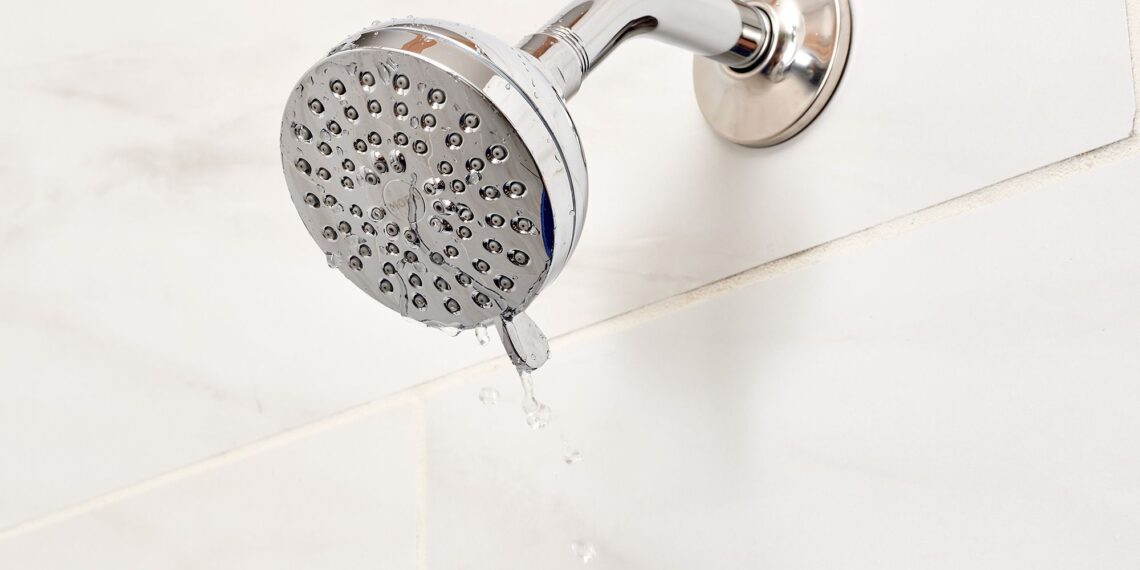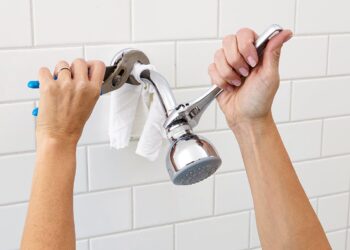Every drop of water counts and hence shouldn’t go to waste. One of the most common places where water wastage is very common is the shower. Leaking showers can be a big issue not just for the environment but also a nuisance to the people using the bathroom.
Sometimes, getting a leaking shower fixed can take days and weeks for several reasons, like the unavailability of a plumber or forgetting about it till you use it again, etc. However, you don’t have to worry about it anymore as we have brought to you this simple and easy guide on how to fix a leaking shower.
Your All-Rounder Guide For A Leaking Shower
Potential Consequences Of A Leaking Shower
A frequent household discomfort that, if ignored, can result in a chain reaction of issues is a leaking shower. Even something as small as a few drops of water can cause bigger problems down the road, like health problems or water damage. Let us take a close look at the potential consequences of a leaking shower to help you understand the issue better:

- Damage Caused By Water Retention: The surrounding walls, floors, and ceilings have likely sustained water damage, which is the most noticeable immediate effect.
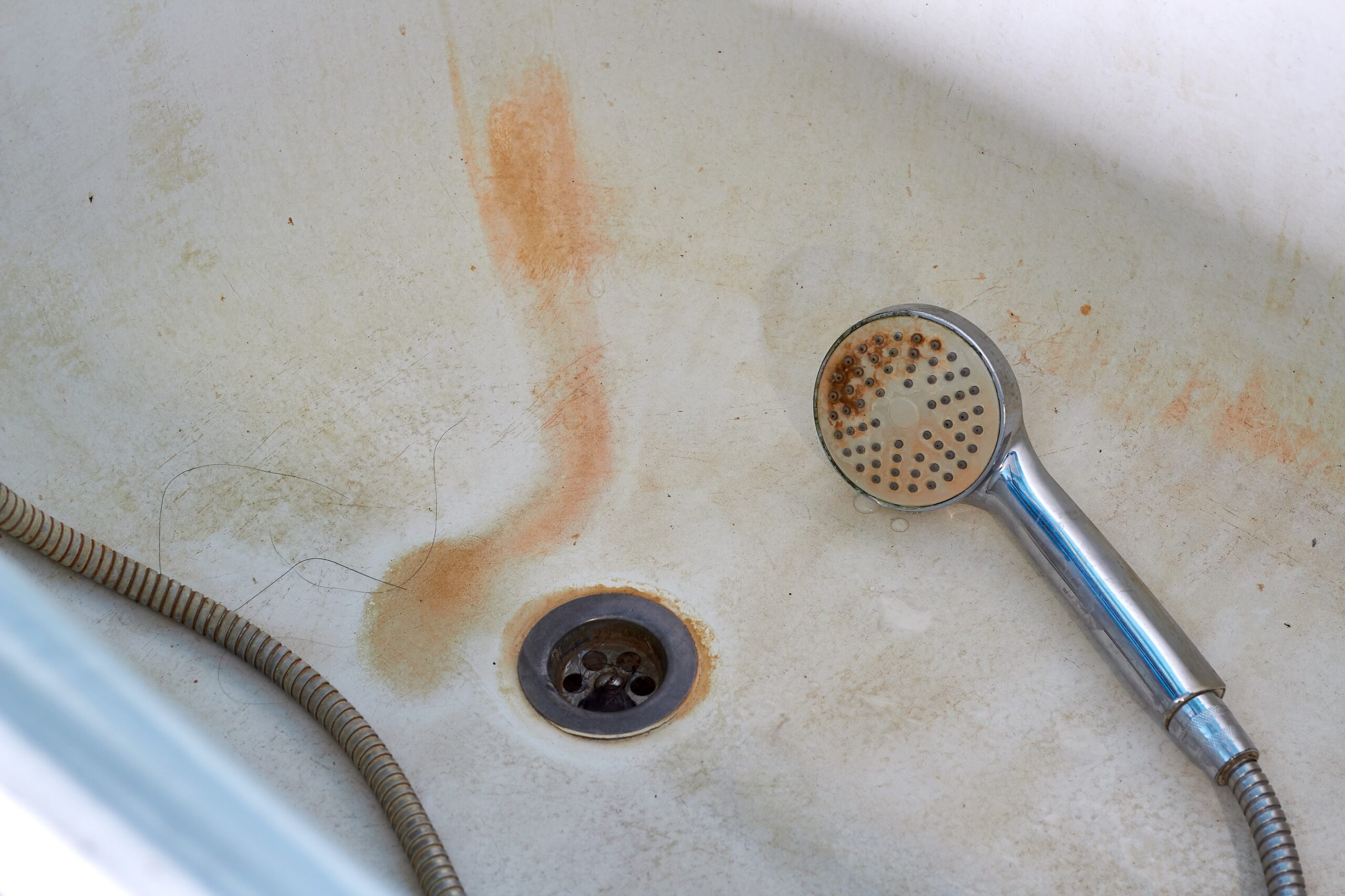
- Mould Growth: Extended exposure to moisture can cause structural elements to deteriorate and encourage the growth of mildew and mould. A leaky shower provides an atmosphere that is favourable to the growth of mould and mildew, which not only present health problems but also necessitate expensive removal.
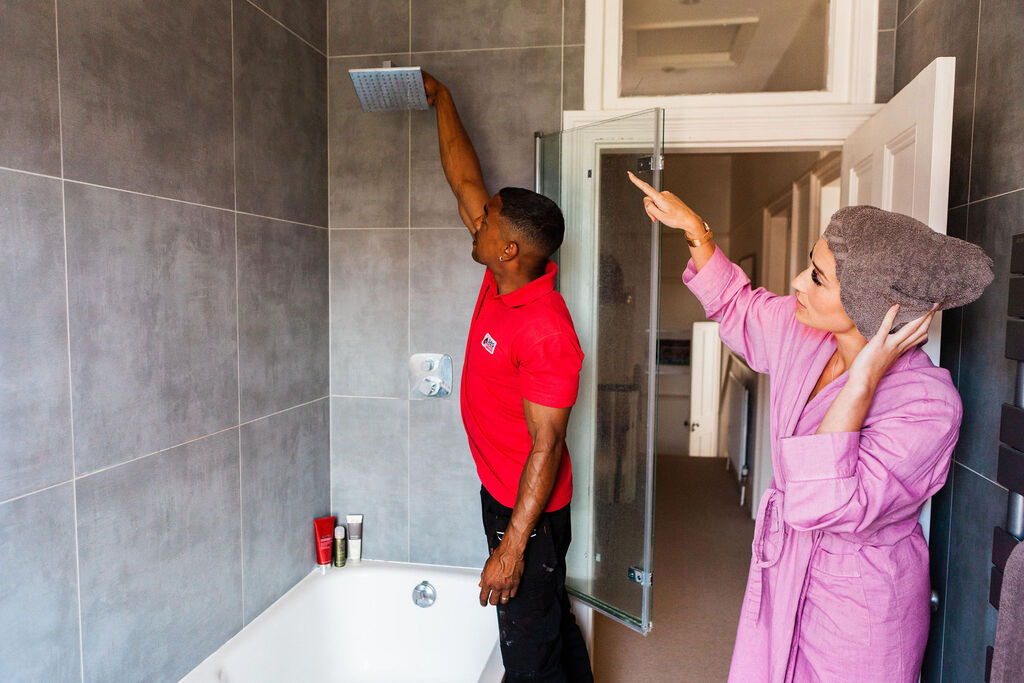
- Structural Damage To The Building: The integrity of the building components may be compromised if water seeps farther into the structure, which could result in rot and degradation.

- High Water Bills: Unchecked leaks waste water, which raises water costs and hurts the environment. You can prevent a lot of issues caused by water leaks in the shower by finding the cause and taking preventative measures.

- Health Issues: The growth of mould and mildew can be very harmful, even for people who are not allergic. These may cause several respiratory and skin issues for the residents.
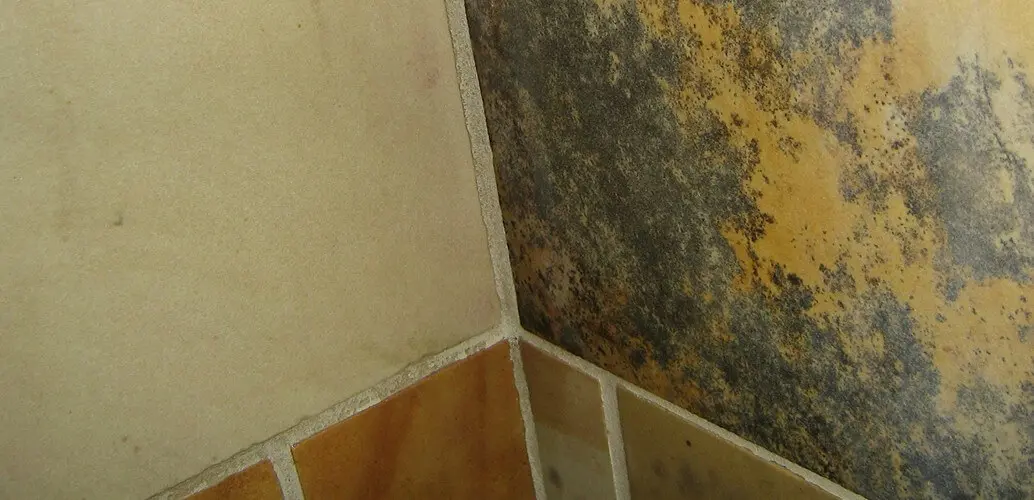
- Dipped Property Value: Water leaks in the shower can cause the house to deteriorate from the inside and damage its foundation. This can seriously decrease the value of your property.
Common Causes Of Shower Leaks
Determining the cause of the problem is the first step to solving it. This is why you must know the cause of shower leaks in your bathroom to be able to stop them. Following are some common causes of shower leaks that you should know about:

Gasket Deterioration: Leaks around the connection might occur as the showerhead’s rubber gasket deteriorates over time.
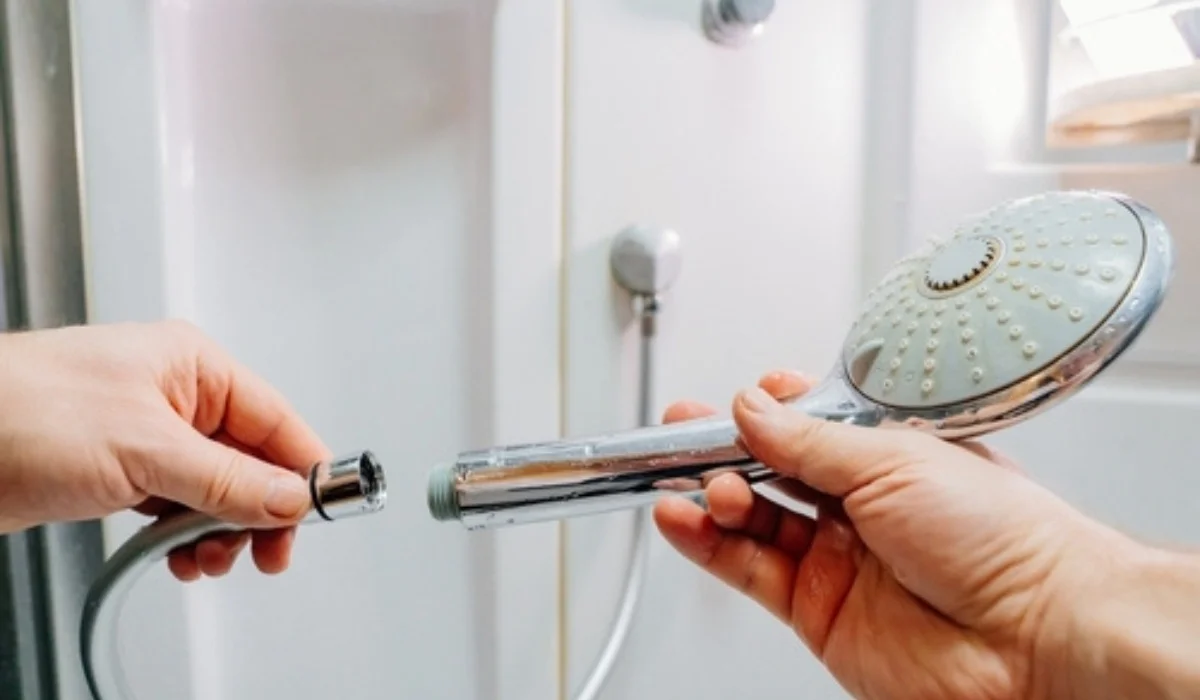
Damaged Shower Faucet: One of the most prevalent reasons for leaking showers is leaking shower faucets. With their irritating drip, drip, drip sound, they can waste liters of water and ruin your day.

Caulk And Grout Damage: The grout and caulking around the shower’s margins are critical for preventing water from leaking into the walls. Water can sneak in through gaps or cracks that form over time.
Worn Off Sealant: Shower sealant degrades with time and must be replaced. If your tiles aren’t damaged, and the grout doesn’t need to be replaced, a quick resealing procedure can keep water from penetrating the surface. In most cases, resealing takes a few hours, and meanwhile, you should not remove the tiles.
Do you know what is the Standard Shower Size Australia?
Preventative Measures To Avoid Shower Leaks
Prevention is always better than cure! Hence, it would be better to take preventative measures to avoid shower leaks and to do so, a well-thought-out design, high-quality materials, and frequent maintenance are essential. You can significantly reduce the risk of shower leaks by taking the steps mentioned below:
- Waterproof Membrane: It is important to make sure you install a high-performance waterproof membrane that meets building requirements, as it is the last line of defence for a leaking shower recess.
- Glue The Drain Body Right: Since the clamp ring typically seals the junction, many plumbers skip this step, but we need to apply glue because the instructions say to. Just the membrane’s bottom should adhere to the drain body; if not, you risk sealing the weep holes, which water seeps through the tile and out the pan, past the ring, and into the drain.
- Keep The Shower Arm Free: Even though it seems useful enough to avoid having to mount a shampoo container on your wall, it may ultimately be the source of a potential shower leak. It could harm the plumbing within the wall by placing some weight on the shower arm.
- Avoid Corrosive Cleaning Products: While it might be able to remove filth, grime, and other stains from your bathroom, it can also harm silicone, grout, and tiles, which could lead to more severe issues with your shower later on.
Step-By-Step Process To Fix A Leaking Shower
Shower leaks can be a constant source of frustration, but fear not—many of these problems are fixable with a little knowledge and a systematic approach. Resolving leaks from your shower head alone should be far simpler than dealing with leaks from other areas of the shower. Just adhere to this step-by-step guide:
- Cut-Off Water Supply: Turn off your water supply at the main stop tap and your hot water supply before attempting to fix, much alone replace, a leaky shower. Run your faucets until no more water is coming out to ensure that the system has been completely emptied.
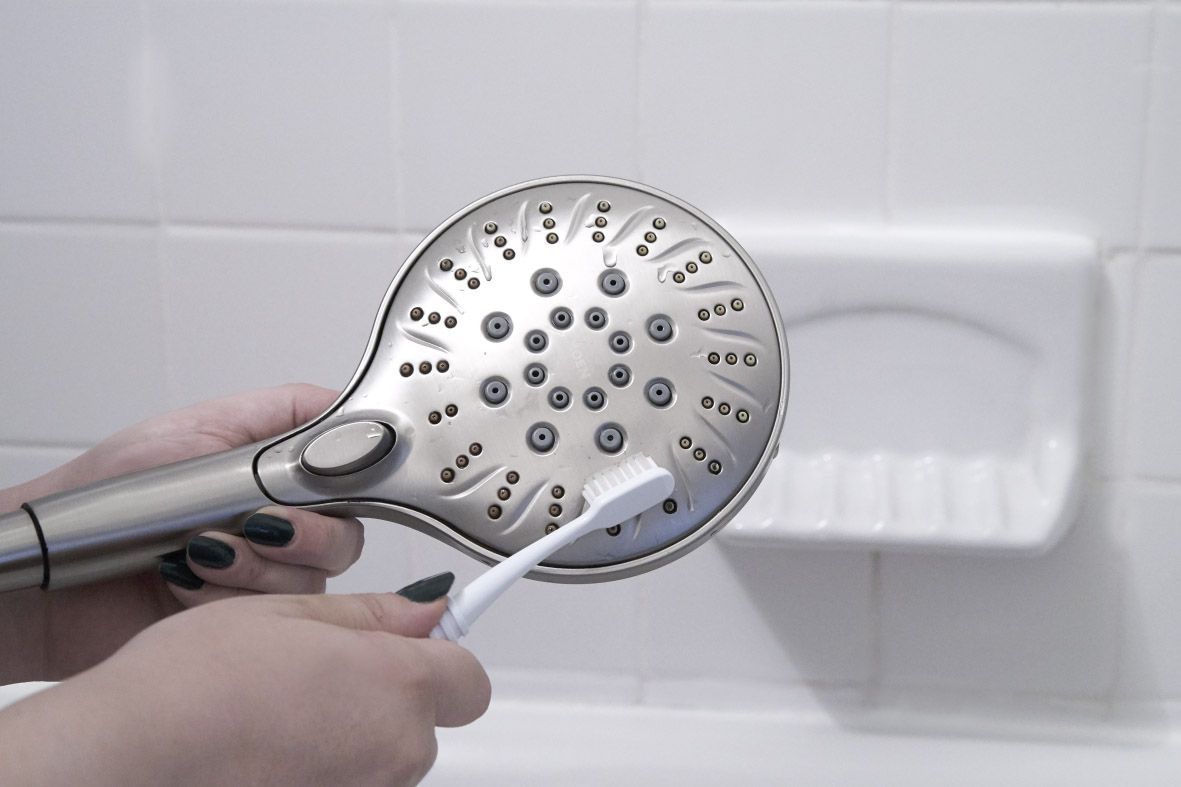
- Remove And Clean The Shower Head: If the leak is near the showerhead, detach it from the shower arm with a tool. Over time, the accumulation of dirt particles and limescale can cause obstructions, limited flow, and even leaks. After soaking your shower head in a solution of white vinegar and water, remove it and give it a thorough cleaning.
- Examine The Valve And Connections: Look for any obvious leaks in the connections between the shower valve and tap. To tighten loose connections, use a wrench. Take care not to overtighten since this may lead to harm. Replace any damaged parts as needed.
- Swap Out The Shower Pan Or Fix The Tiles: If the leak continues and seems to be coming from the tiles or shower pan, it may need more repairs. This can entail fixing broken tiles or changing the shower pan; in any case, we suggest getting expert assistance.

- Reattach The Shower: Reinstall and manually tighten your shower head until it feels snug. With your pliers, you may then tighten it even more. After turning the water back on to ensure smooth operation, turn it off again to ensure there are no leaks left.
Conclusion
With the correct equipment and an organized plan, fixing a leaking shower is a practical activity. You can get your shower back to a worry-free, leak-proof condition by finding the source of the leak, shutting off the water flow, and fixing particular problems.
Homes can be protected from water damage and kept in a comfortable, healthy environment by homeowners who are aware of the frequent causes and effects of a leaking shower and take proactive steps to fix the problem.
Frequently Asked Questions
How do I find out where my shower is leaking from?
Look for any indications of a water leak while it’s operating. You’ve located your source if water starts to trickle down the pipes’ sides. Sometimes, the leaks are subtle; therefore, you might need to use a torch and a mirror to search for tiny water droplets that are accumulating at the water pipe joints.
What is the price of fixing a leaky shower?
It will be far less expensive to fix the seal around your shower door than to rebuild or repair the shower walls and basin entirely. The majority of shower leaks may be fixed for $150 to $500 on average.
What occurs if water seeps through the shower tile?
If left too long, leaking water can cause rot, ruin the plasterboard backing, and cause the tiles to start falling off. In the worst instance, mould issues may arise from water damage beneath your tiles. Your family may be in considerable health danger from mould.

